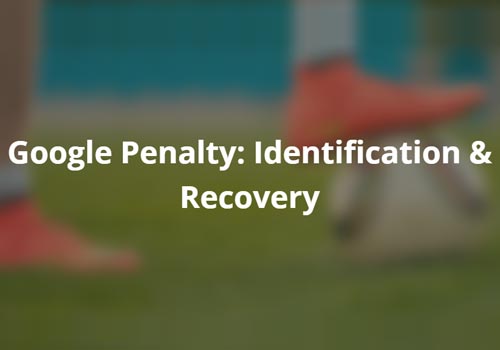The search landscape is an ever-changing environment and website owners and administrators simply cannot rest on what they currently know if they want to maintain dominance over their domain. Those who are new to search engine optimization need to understand that search engine algorithms constantly change and that their strategies should pretty much follow the direction of these changes; otherwise, they risk seeing their rankings as well as their site performance on a constant decline.

The question is this: Exactly what do search engines look for nowadays in websites and pages that deserve the highest rankings in SERPs? We dig deep into Google’s E-A-T principle, which experts say is what search engines (Google in particular) are placing great emphasis on in terms of their ranking algorithm. E-A-T stands for Expertise, Authority, Trust—major website and page attributes that Google’s search quality evaluators seek for when reviewing websites.
Search quality evaluators, unlike crawl bots, are real people reviewing your site and content. While their reviews don’t necessarily alter Google search results in a direct manner, the data they do share plays an important role in improving the search engine’s algorithms.
Because not all websites are the same, there are sites that are considered “High-EAT.” Essentially, these websites require more expertise, authority, and trust than others. Google puts great emphasis on E-A-T when ranking sites in which content focuses on crucial information like medical advice, financial advice, scientific information, and news/current events. The critical nature of the content and information that these sites present requires greater accountability in terms of authority and credibility. Content on these sites must therefore come from professionals who demonstrate accreditation and credentials in the field or area they serve. A positive reputation in your niche is highly beneficial when it comes to fulfilling the E-A-T criteria.
In addition to strictly black and white content sites, E-A-T also impact more general advice websites like those that offer information and/or guidance and recommendations on parenting, home remodeling, and other such areas like fitness and hobbies. Website content published by or coming from people who have a good deal of practical, real-life experience on these areas are considered to be of high credibility and authority, therefore demonstrating expertise and trustworthiness. To meet Google’s E-A-T requirements, you ought to think about the very topics that your site covers and what proof of credibility, authority, and expertise Google seeks for in your niche.
One way to “prove” your authority and expertise in your particular niche or industry is by displaying important company and/or credibility information on your site, such as your company’s or your individual credentials and qualifications to provide the kind of information and advice that your site offers. In any case, search engines as well as web users (your very visitors) need to understand who is responsible for a particular website and to whom they are potentially handing over critical personal or perhaps even financial information to.
If you aren’t sure whether or not your website is meeting Google’s E-A-T requirements, consider important credibility-building aspects like your site’s About and Contact Pages. The information that you provide in these portions of your website should reflect your qualifications, credibility, and authority. It also helps providing assurance on how you keep your visitors’ information safe as well as how you protect their privacy and overall online safety.
Even your blog pages can be used to establish credibility and authority by providing bi-lines for authors and information about contributors. Your blog posts will give your site more credibility juice if they are written by real, credible, and authoritative authors rather than “Anonymous.”
Ready to increase your website’s credibility? Let SEOValley help. Contact us to discuss your goals so we can recommend the best route to improving your website’s trustworthiness.





